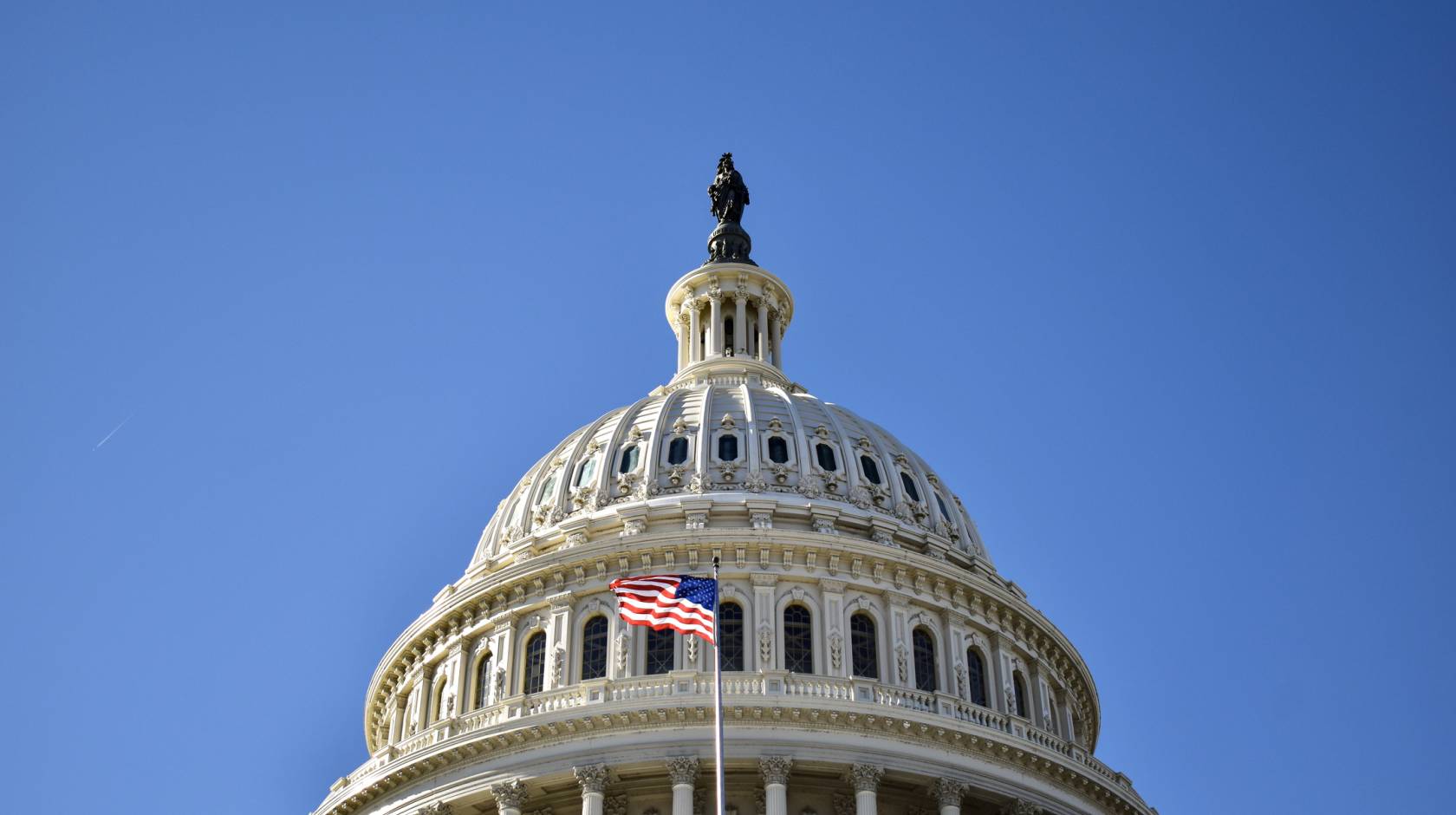UC Newsroom

If Congress doesn’t approve a funding bill by Oct. 1 when the new federal fiscal year begins, it will trigger a federal government shutdown. Many government services will be disrupted, and only federal workers classified as “essential” will remain on the job.
University of California leaders have spent weeks preparing for that possible scenario. In most cases, impacts to the University will be minimal, so long as a shutdown is short-lived. But a prolonged shutdown could cause significant disruptions to federally funded research and potentially affect student financial aid programs.
“If there is a shutdown, my primary concern is how long it will last, and what the agreement will look like to re-open it,” said Chris Harrington, UC’s associate vice president for Federal Government Relations. “The University of California has called upon Congress to fund the government while making strong and robust investments in the University’s federal priorities.”
Harrington noted that the proposed education spending plan in the U.S. House of Representatives would enact devastating cuts to programs that help keep college and graduate school more accessible and affordable. Among its many provisions, the bill would eliminate funding for the Federal Work-Study program, impacting more than 650,000 students nationwide, including more than 9,600 UC students. Programs like Federal Work-Study are a critical tool in helping students find part-time job opportunities on campus and an instrumental component of the University of California’s debt-free plan.
In response, the Alumni Associations of the University of California, as well as leaders from UC and their counterparts from the California State University and California Community College systems, are urging California’s congressional delegation to invest in the programs that help make higher education more accessible and affordable. Members of the UC Advocacy Network, in partnership with the UC Student Association, have been emailing members of Congress, asking them to oppose the proposed draconian cuts.
Earlier this month, UC President Michael V. Drake, M.D., also called on California’s congressional delegation to keep the government open and to support a federal budget that invests in public higher education.
“The University is concerned that a government shutdown, particularly one that lasts for an extended period of time, could have adverse effects on our research and education activities, as well as our health care enterprise,” President Drake wrote in his letter.
UC continues to share with legislative leaders a comprehensive list of its federal budget priorities.
“The federal government is one of UC’s most important partners,” Harrington said. “The longer a shutdown lasts, the greater the possible consequences for UC and the people we serve.”
Read on to learn more about how a federal government shutdown could affect UC and its community:
Research impacts
The University of California is one of the nation’s largest research enterprises. Research awards from the National Science Foundation, the National Institutes for Health, the U.S. Department of Energy, and other federal funding agencies provide more than half of UC’s research funding, amounting to nearly $4B in federal fiscal year 2022.
Researchers who have already been awarded federal grants should still receive those funds, but federal funding agencies are unlikely to issue new contracts and grants during a shutdown or to renew existing projects. To help UC’s research community navigate the situation, UC’s Office of Research and Innovation has issued guidance to help faculty, staff and administrators know what to expect and how to prepare.
Education
A short federal government shutdown would have few, if any, immediate impacts on UC’s educational services and financial aid programs. The funding that Congress is working to pass would impact federal financial aid programs for the 2024-25 academic year, which starts on July 1, 2024.
The bigger concern for UC leaders is whether a shutdown delays release of the revised Free Application for Federal Student Aid (FAFSA) application. It is currently slated to rollout in December. If the shutdown does cause delays, it could result in fewer students filling out their financial aid application and missing out on the help they need to pay for college.
Further, UC is monitoring the distribution of Basic Allowance for Housing (BAH) and GI bill benefits and the impact that a government shutdown may have on these critical benefits for our veteran students. If students have questions about their benefits, we encourage them to reach out to their financial aid offices for information about resources that may be available.
Health care
UC is one of California’s largest providers of health care to patients enrolled in federally funded Medicare and Medicaid programs. Regardless of the shutdown, UC is committed to continuing to provide excellent services to those patients. It does not expect any immediate impacts on the reimbursements it receives for those services because funding is not subject to an annual appropriation. There is no precedent, however, for a prolonged shutdown.
Monitoring the situation
In addition to encouraging Congress to continue their negotiations and to provide robust investments in UC’s budget priorities, UC leaders are closely tracking developments related to a possible shutdown.
Ultimately, the impact of the shutdown on UC and its activities will depend on the length of the shutdown, as well as guidance from the Office of Management and Budget (OMB) and each of the federal agencies. UC’s federal government relations office is monitoring the OMB and agency websites for relevant guidance and sharing it with campuses as it becomes available.
“If we face a shutdown, most University of California operations will continue with minimal disruptions over the short term,” Harrington said. “The longer a shutdown lasts, the more likely UC is to suffer negative consequences, so we are heartened that talks are continuing.”

